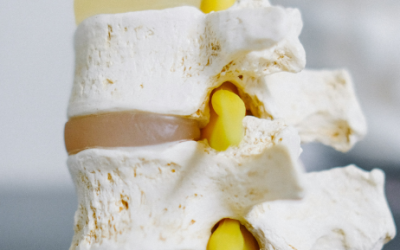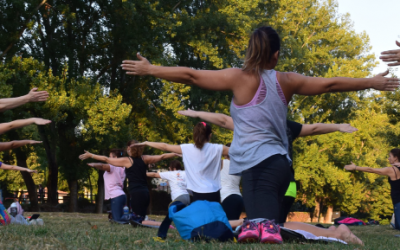Physical activity can help in the prevention, treatment, and management of diabetes.
- Improve fitness
- Decreases insulin requirements
- Beneficial effects on cardiovascular risk factors (e.g obesity, hypertension etc)
- Increases insulin sensitivity
- Increases lean muscle mass
- Helps with energy expenditure
- Beneficial effects on cardiovascular risk factors (e.g obesity, hypertension etc)
Current guidelines for physical activity from American Diabetes Association
Adults with diabetes
Exercise programs should include:
- ≥150 min/wk moderate-intensity aerobic activity (50%-70% max heart rate), spread over
- ≥3 days/wk with no more than 2 consecutive days without exercise
- Resistance training ≥2 times/wk (in absence of contraindications)*
- Reduce sedentary time = break up >90 minutes spent sitting
Evaluate patients for contraindications prohibiting certain types of exercise before recommending exercise program†
Consider age and previous level of physical activity
Children with diabetes, prediabetes
Exercise programs should include:
- ≥60 min physical activity/day
- *Adults with type 2 diabetes
- Eg, uncontrolled hypertension, severe autonomic or peripheral neuropathy, history of foot lesions, unstable proliferative retinopathy.
Physical Activity in Individuals With Hypoglycemia
If an individual is taking insulin and/or insulin secretagogues, physical activity can cause hypoglycemia if medication dose or carb consumption is not altered
Added carbohydrate should be ingested when pre-exercise glucose is <100 mg/dL (5.6 mmol/L)



